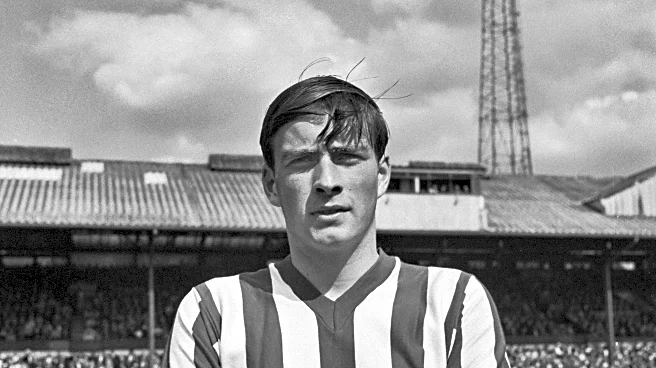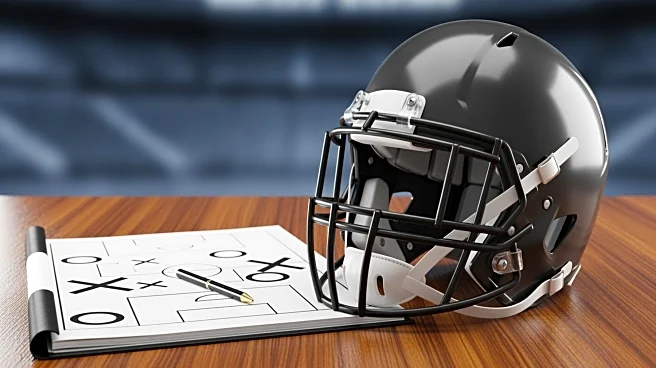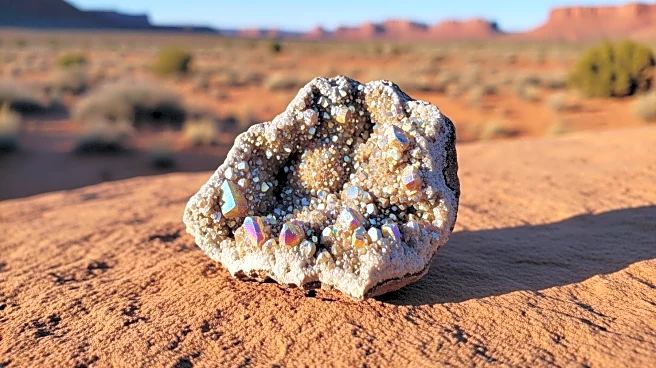John O’Hare played Dumbartonshire schools football and then for Drumchapel Amateurs, before being scouted by the Sunderland scouting team headed up by Charlie Ferguson.
In 1962, still not sixteen, he headed
south to join the Roker Park ground staff. He made an impact in his first year, scoring in the FA Youth Cup against Man City and then Man United, the best youth team around at the time, who put Sunderland out of the cup that season.
Whilst playing for the youth team, he came to the attention of Brian Clough, who was helping to coach the youngsters whilst attempting to rehabilitate from the injury that would eventually end his playing career.
Whilst not a prolific scorer, his ability to hold the ball up and play others around him into the game were getting him noticed at Roker Park. At five foot eight inches tall, he was not the tallest or quickest centre-forward, but he made up for this with clever movement, timing, and good body strength when in possession.
In October 1963, he signed professional forms at seventeen years of age. He continued to make an impact for the youth team and helped them to the semi-finals of the FA Youth Cup, scoring three goals along the way in the 1964/65 season. This season also saw him break into the first team. He went on to make seven appearances, scoring four goals after making his top-tier debut at Stamford Bridge on 29/09/1964 in a 3-1 defeat.
‘Solly’ scored his first goals for the first team with a brace in a League Cup tie against Blackpool at Roker Park in October. In the next round of the cup, he scored another brace against Coventry at Highfield Road, but could not prevent the tie being lost as Coventry scored four.
The 1965/66 season saw him make seventeen appearances, scoring six goals. His unselfish team play and clever use of the ball, especially with his back to goal, were earning him plaudits. He scored in a 2-0 defeat of Newcastle at Roker Park in front of almost 54,000 fans and followed this up just five days later in a 1-1 draw at Old Trafford against the high-flying Red Devils.
‘Solly’ also bagged another brace against Blackpool in March of that season in a 2-1 victory at Roker Park. I was in the Boys’ Enclosure of the Roker End for my very first game; I never forgot his two goals and tracked his career until he retired.
The arrival of free-scoring forward Neil Martin in October of this season for £45,000 from Hibernian might have impacted on the number of appearances O’Hare made in this season, as new manager Ian McColl struggled to identify the other ten players he would play around Slim Jim Baxter. However, the more he and Martin were paired together, the better they seemed to gel as a partnership.
Season 1966/67 was a real break-out season for John O’Hare. He made thirty-five top-tier appearances, scoring eleven goals. He scored in a fantastic 3-0 victory and performance at Newcastle that I was delighted to witness and scored the equaliser at Leeds in the epic – infamous three-game FA Cup thriller.
He also developed a highly effective playing partnership with his fellow Scot Neil Martin, who scored twenty-six goals in all competitions that season.
With another Vale of Leven lad, Bobby Kerr, breaking into the first team and also having a real impact, you might have wondered what was in the waters up there in Dumbartonshire, and when you factor in another Vale lad in manager Ian McColl, it seemed like the future was bright for O’Hare at Sunderland.
I would not be the only Sunderland fan who was dismayed at the daylight robbery committed by our former player and then manager of Second Division Derby County, Brian Clough.
In August 1967, he paid Sunderland £22,000 for the services of John O’Hare. What was Ian McColl thinking of? Was this sale part of McColl’s alleged cull of Catholic players at the club? Who can say, other than, given Solly’s burgeoning on-field relationship with Neil Martin and the very low fee, looking at it as a fan, it seems an extremely daft piece of business.
Clough had remembered Solly from his spell as youth team coach and would go on to buy him another two times for teams he would manage in his eventful managerial career.
John O’Hare went on to have a real impact at Derby, helping them out of the Second Division as champions in 1968/69. Derby won the Watney Cup in 1970 and went on to win the top-tier championship in 1971/72. O’Hare played 248 games for Derby and scored 65 goals (including one on his debut). John O’Hare only missed two league games in four seasons at the Baseball Ground, proving himself to be extraordinarily resilient and fit.
Whilst with Derby, Solly earned three Scottish U23 caps and thirteen full caps, scoring five goals. When Clough bought centre-forward Roger Davies, he moved O’Hare back into midfield, where he proved himself equally proficient.
When Clough controversially moved into the Leeds hot seat (vacated by new England manager Don Revie), he made O’Hare and John McGovern (a teammate of Solly’s) his first buy. Though, like Clough, their stay was not particularly productive, as both fell victim (like Clough) to the player rebellion that impacted the club shortly after Clough’s arrival.
Clough lasted a painful forty-four days at Leeds before getting the sack. Solly endured around six months, with Clough swooping for O’Hare and McGovern and paying a joint fee of £60,000 to bring them both to Second Division Nottingham Forest in February 1975.
Once again, the partnership proved productive. Promotion to the top tier, followed by the league championship trophy in 1977/78, as well as the League Cup, was a fantastic start to life at Forest. In 1978/79, Forest won the European Cup and the League Cup again. They followed this up with a European Super Cup victory in 1979.
In 1979/80, along with former teammate at Sunderland Jimmy Montgomery, O’Hare and Forest defended their European Cup, winning the trophy for the second time in two seasons, with Solly coming off the bench to good effect.
The European final would be Solly’s last top-flight game. He played for a couple of seasons in junior football before finally retiring in 1983.
Amongst other roles, O’Hare was a licensee, as well as doing some scouting for Martin O’Neill at Leicester, Celtic, and Aston Villa. He also coached and managed a couple of non-league clubs.
His twenty-one goals in fifty-nine appearances for Sunderland tell only half the story of this creative and unselfish team player, whose career became indelibly linked to Brian Clough’s.
A very happy birthday to John ‘Solly’ O’Hare, whose brace in my very first game at Roker Park created a bond he knows nothing about, but I have never forgotten and came to treasure from afar.









